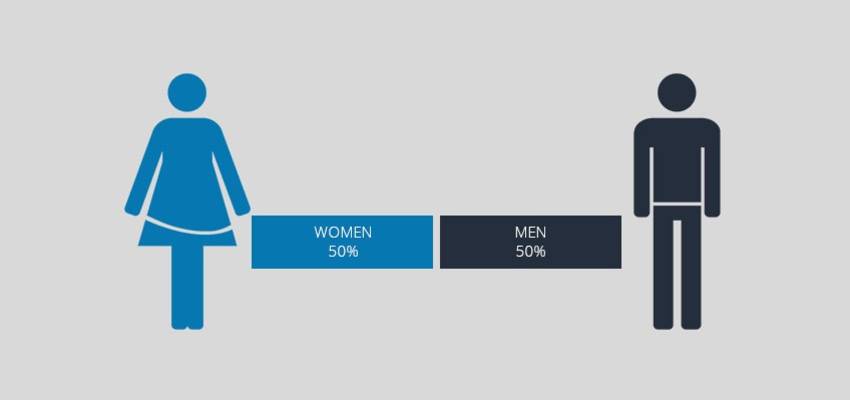Our People

KAICIID is proud to have a diverse and multicultural team of experts.
The KAICIID mission, which is to facilitate interreligious and intercultural understanding, as well as improving respect for diversity, justice and peace, is reflected in the diversity of its 62 staff from 29 countries, five continents and a broad range of religious and cultural affiliations. Respect for diversity is the cornerstone of the policy of recruiting KAICIID. 40% of our workforce represents the founding states of KAICIID: 20 staff are Austrian nationals, three are from the Kingdom of Saudi Arabia and two are from Spain.
We can proudly say that of our 62 staff, including experts in the field of interreligious and intercultural dialogue, is 48% male and 52% female, a rare feat in most organizations.
For more information and detailed biographies of our experts, please visit our directory of experts.
